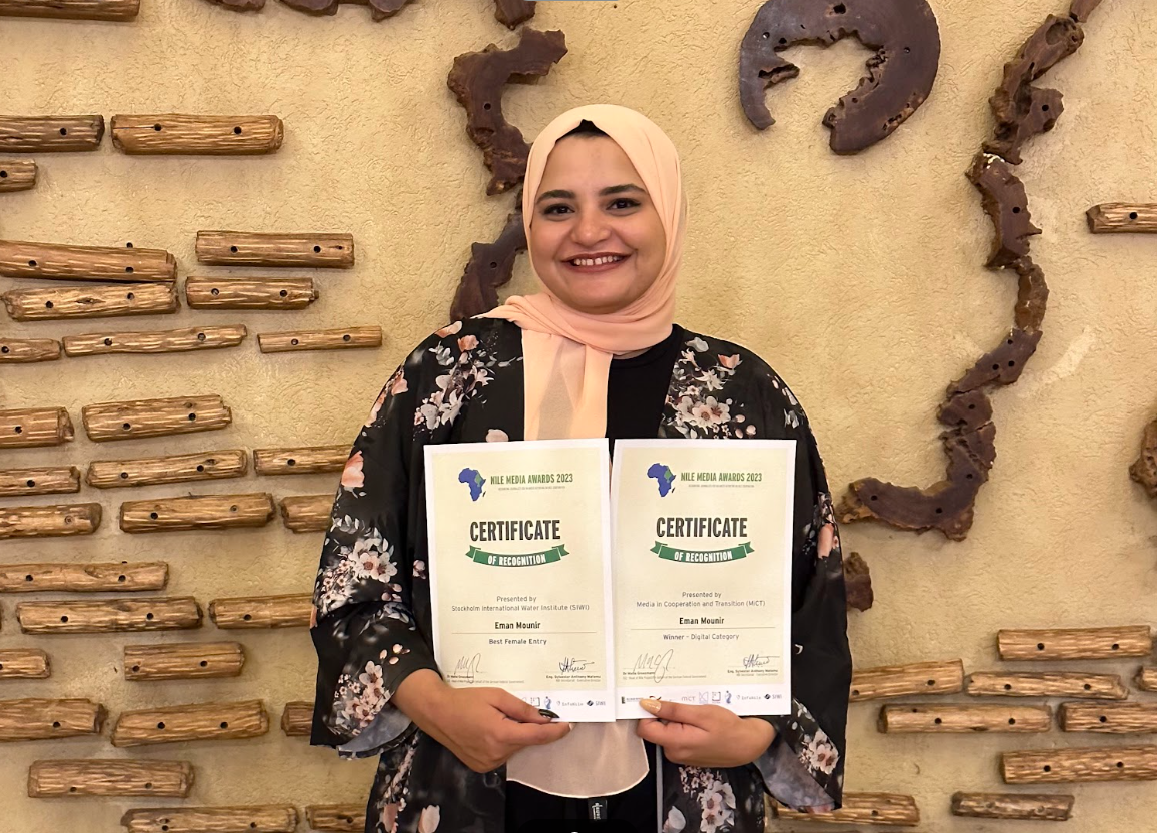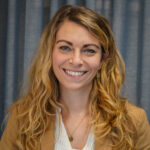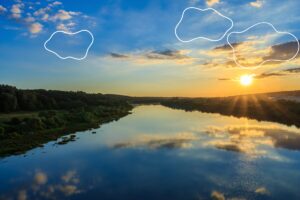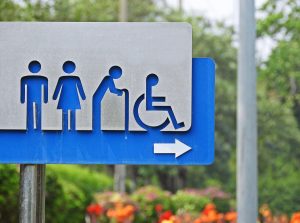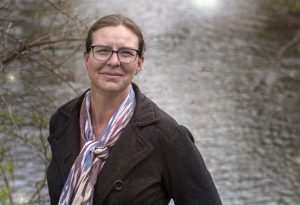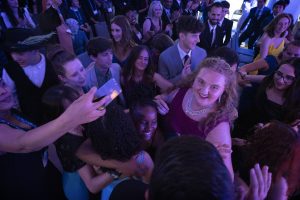“People’s lives depend on your writing”: Journalist Eman Mounir won the Nile Basin Initiative’s Female Prize
Death in the Lake
Eman Mounir’s investigative story on how pollution and climate change has affected the life of fisherman of the Shata region of Damietta Governorate, Egypt.
When I report on the Damietta region in the Nile region, it feels like it’s my problem, my people’s problem, not other people’s problems. I feel like I am writing about our history, of people I know.
Who are you writing for? Who are you hoping will read your stories?
I want everyone to read my story: farmers, Fishermen, affected people. It’s important to gain the trust of the people you are writing about. Not all of them in the area will trust you, but I always work first to gain their trust. And once I have it, I explain that I will publish the findings and will be sure to be accurate. I tell them, “Don’t worry, I will write what you said exactly.” So, when I publish the investigation, I want them to read their story and to see that I did not lie. I want them to read their story through my eyes and writing.
I also want the government, researchers, scientists and an international audience to read my investigation and use it to help the affected people. When I am writing the investigation, I’m writing it in a way so that all people can understand it. My mum, the engineer, the doctor, the farmer– it takes a lot of effort, but we have to do this so it can be useful to everyone.
Do you think of specifically including voices of women when writing a story?
Yes. In every story I must respect and include women’s perspectives. In the environment and the climate issues, women are affected more than men. So, for every story I have to think about the risk for the women, and not just one or two; I must consider women as a critical source of expertise because they have a different view than men. I also think about the relationship between climate and violence against women. Because when climate conditions worsen, then violence against women increase, and that is critical to keep in mind.
I also like to include the opinions of women scientists in my journalistic reports. Women have a tremendous ability to understand the negative effects of the climate more than men, simply because they are affected women by climate change in the first place.
In every story I must respect and include women’s perspectives. In the environment and the climate issues, women are affected more than men.
What are you working on now?
I recently published a new investigation about the Nile Delta (in Arabic and in English) It is about how the sea rise affects life in the Nile Delta in Egypt using GIS data imagery.
I also just established with another two female journalists a network for climate and environment journalists in the Middle East and North Africa called the ECJ network in MENA. The network tries to help the journalists in our area to know more about climate and the environment and how to write about it. We just finished a week of webinars called Arabic Climate Week, with lots of sessions about energy, funding, water, about women, children, … about everything really!
Although it is the first event for our network, it witnessed a large attendance of about 500 participants and participation from various parts of the region.
This impressive turnout has encouraged us to organize more webinars and events in the future, as it sends a clear message that people are interested in learning more about climate-related issues.
What are your hopes for the future of journalism within the Nile basin?
I would like environmental and climate journalists to use more data and do more investigative journalism. There is a shortage of investigative journalists in the region.
I dream that the voices of those affected will be heard through our writing and that we will help improve their lives through our work.
My advice to young women who want to be journalists: Be organized, know where you want to go and what you need to do to reach your goal – take the road until the end.
You are a role model for many journalists in the region. Any advice to other women journalists who are following in your footsteps?
I am not a role model, not at all. I am trying to do my best and I love to learn. I am still young. It is always a challenge to make another good investigation. Every time I write a story, I am thinking, what is the next story? I want to write it in a good way so that it can be read worldwide. A lot of people read the investigations, and this is very important to me. People are being harmed and I want to make sure their voices are heard.
My advice to young women who want to be journalists: Be organized, know where you want to go and what you need to do to reach your goal – take the road until the end. You need to learn the most recent tools, and you have to use technology and data to make your work stronger. Do your work the best way possible and remember that your work helps people. Keep in mind: maybe after my investigation is published, the government will help people affected by it. Take care of what you write because people’s lives depend on your writing.
